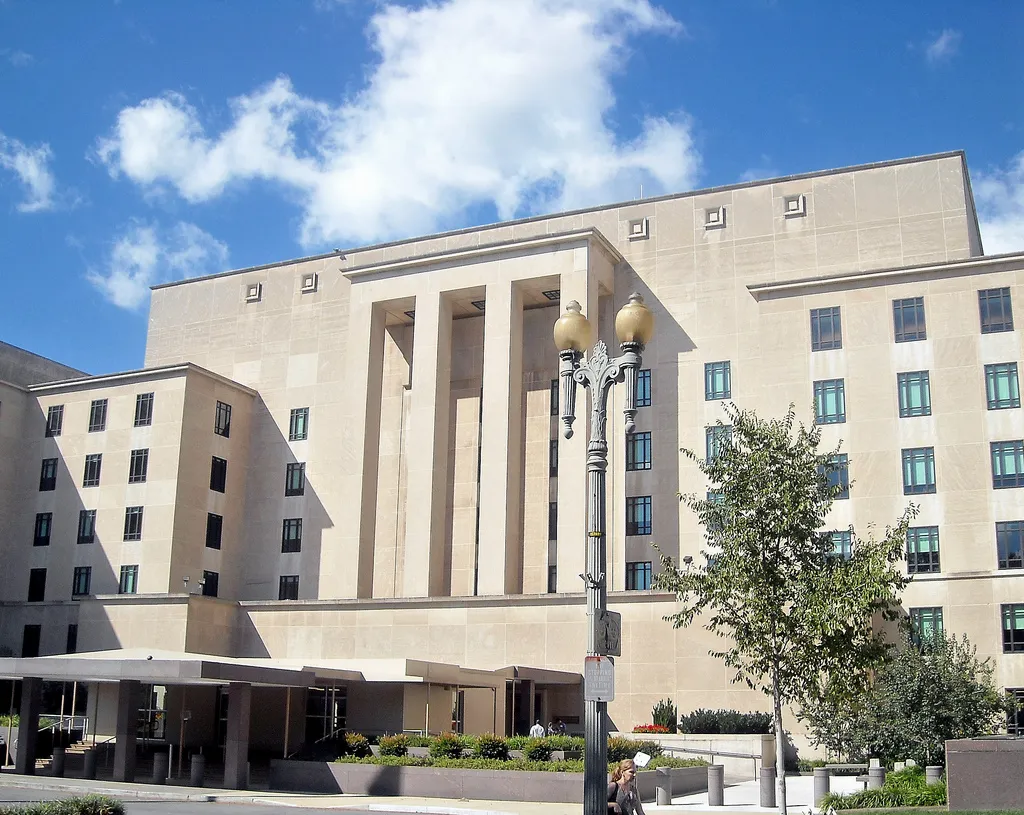The U.S. Department of State announced a series of actions on September 4, 2024, aimed at countering Russian influence and interference.
In coordination with the Department of the Treasury and other federal agencies, these efforts are designed to hinder covert Kremlin-backed activities that target U.S. democratic processes.
One of the key actions includes the introduction of a new visa restriction policy. This policy specifically targets individuals who, acting on behalf of Kremlin-supported media organizations, use those platforms as cover to engage in covert influence operations.
These individuals are believed to be responsible for, or complicit in, efforts to manipulate U.S. elections. The State Department emphasized that these actions are being taken against individuals solely for their involvement in covert influence activities, not for their content creation or reporting, which may include disinformation.
While the names and identities of those affected by the visa restrictions will remain confidential, the move sends a clear message about the consequences of meddling in U.S. democratic institutions.
As part of the broader efforts to curb Russian interference, the State Department has also invoked the Foreign Missions Act to designate the U.S. operations of Russian media outlets like Rossiya Segodnya, RIA Novosti, RT, TV-Novosti, Ruptly, and Sputnik as foreign missions.
This designation places tighter restrictions on these organizations, requiring them to notify the Department of all personnel working within the U.S. and disclose any real property they hold in the country.
These entities, while operating as media outlets, are effectively controlled by the Russian government and have been implicated in disinformation and covert activities to influence public opinion in favor of Kremlin objectives.
Another part of the effort is the Rewards for Justice (RFJ) program, which is offering a reward of up to $10 million for information on foreign interference in U.S. elections. This includes activities conducted by organizations such as RaHDit, also known as Russian Angry Hackers Did It, which has previously engaged in election influence operations in other countries.
RaHDit, associated with Russia’s Federal Security Service (FSB), has been identified as a potential threat to the 2024 U.S. elections due to its cyber-enabled influence operations.
The group has ties to Kremlin-backed media and intelligence services and is led by FSB officer Aleksey Garashchenko. The RFJ program’s reward offer aims to incentivize individuals with information on RaHDit’s activities to come forward, potentially making them eligible for financial rewards or relocation for their cooperation.
In addition to these actions, the Department of the Treasury has taken steps to further constrain Russian interference efforts. On the same day, the Treasury designated 10 individuals and two entities under Executive Order 14024 for being owned or controlled by, or acting on behalf of, the Russian government.
These sanctions target individuals and organizations involved in covert operations and disinformation campaigns aimed at undermining U.S. democratic institutions.
Furthermore, the Federal Bureau of Investigation (FBI) announced the issuance of a civil forfeiture search and seizure warrant against the Social Design Agency (SDA), a Russian organization accused of conducting activities on behalf of the Kremlin.



